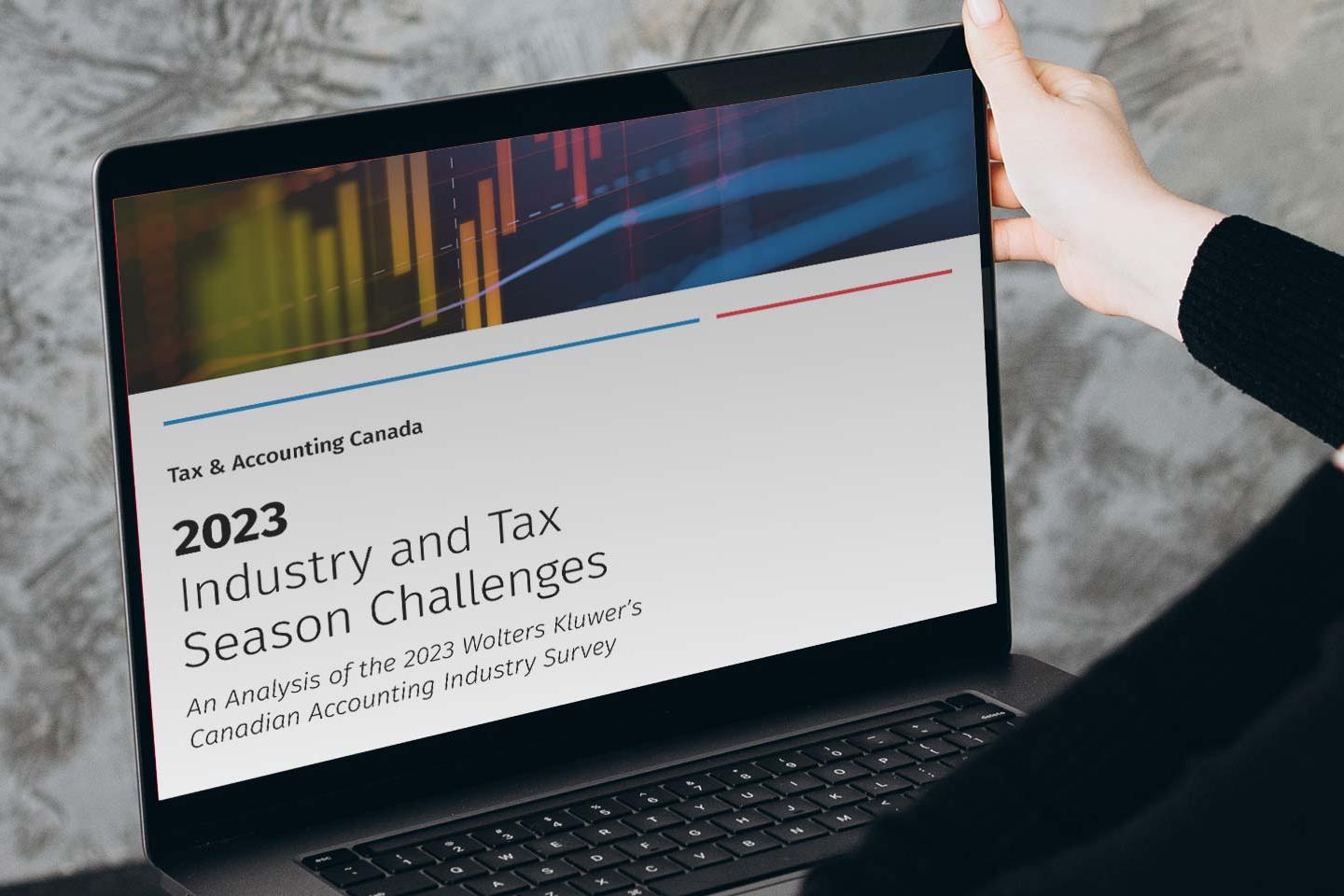Recently the CRA added new administrative guidance pertaining to the revised tax on split income (“TOSI”) rules to its website. You might understandably be having difficulty keeping track of all the various interpretations the CRA has provided on the new rules, so you might wish to reference a compilation that we are continuously updating, which provides the gist of every technical interpretation on the topic. The latest CRA guidance relates specifically to the “excluded shares” exception under s. 120.4(1). The excluded shares exception is important because it’s a bright-line exclusion that does not require an individual to contribute labour to the business. For example, an owner-manager can potentially rely on this exception to split income with their spouse who owns at least 10% of the votes and value of the corporation, provided that other conditions are met.
Background on Excluded Shares
Essentially, TOSI applies to split income earned by a specified individual, but it does not apply to an “excluded amount”. Subparagraph (g)(i) of the definition “excluded amount” under s. 120.4(1) provides that an excluded amount includes income from or a capital gain from the disposition of excluded shares, provided that the specified individual is 25 years or older. “Excluded shares” is also defined under s.120.4(1):
"excluded shares, of a specified individual at any time, means shares of the capital stock of a corporation owned by the specified individual if
(a) the following conditions are met:
(i) less than 90% of the business income of the corporation for the last taxation year of the corporation that ends at or before that time (or, if no such taxation year exists, for the taxation year of the corporation that includes that time) was from the provision of services, and
(ii) the corporation is not a professional corporation;
(b) immediately before that time, the specified individual owns shares of the capital stock of the corporation that
(i) give the holders thereof 10% or more of the votes that could be cast at an annual meeting of the shareholders of the corporation, and
(ii) have a fair market value of 10% or more of the fair market value of all of the issued and outstanding shares of the capital stock of the corporation; and
(c) all or substantially all of the income of the corporation for the relevant taxation year in subparagraph (a)(i) is income that is not derived, directly or indirectly, from one or more related businesses in respect of the specified individual other than a business of the corporation,"
[emphasis added]
The new guidance from the CRA relates solely to the business income test under subparagraph (a)(i) of the definition above. Basically, if the other criteria are met, an individual will meet the excluded shares exception if less than 90% of the business income of the corporation is from the provision of services. In document no. 2018-0743961C6, the CRA stated that this business income test is based on the corporation’s gross income (i.e., revenue or sales before deducting expenses). The latest guidance provides further clarity on how the gross business income test should be applied.
General Guidance
The CRA stated that gross business income excludes capital gains. Where a corporation has multiple businesses, the income should be aggregated. An example is also provided that illustrates generally how to compute the amount of gross business income from the provision of services. The business in the example was a management consulting business, the gross revenue of which consisted of consulting services and the sale of computer hardware. The example provides that the determination of whether service income is less than 90% of the corporation’s total income is a matter of dividing service income (income from management consulting) by the amount of the corporation’s total gross income (income from sale of computer hardware + income from consulting)—a simple calculation. Also, where the business is a new business, the gross business income test will use the current year’s income rather than the income for the previous year.
Goods Used vs. Goods Sold
The guidance also includes two examples involving a cleaning business. In the first example, a corporation’s cleaning business uses cleaning products as a part of the cleaning services it provides, but it does not sell the cleaning products. The cleaning products are incidental to the provision of the cleaning services. Assuming that the corporation’s only income is from providing cleaning services, the CRA stated that 100% of the corporation’s gross income is from the provision of services and the cost of the cleaning products are not deducted from this amount (since the amount should be gross income). As such, the shares of the corporation would not qualify as excluded shares.
In the second example, the corporation still operates a cleaning business, but it also sells cleaning supplies and equipment separately to purchasers who may or may not be customers of the cleaning services business. For the purposes of the 90% test, the CRA provided that gross income from cleaning services is service income and gross income from selling the cleaning products is considered non-service income. In the specific example, the service income made up 80% of the corporation’s total income, so the shares of the corporation were excluded shares.
Income with Service and Non-Service Components
The final example in the guidance involves a construction business that designs, constructs, and repairs decks. With respect to deck construction and repair, the corporation bills separately for materials and labour. In computing the service and non-service income for this example, the CRA opined that the income attributable to materials is non-service income and income attributable to labour is considered service income. Therefore, the excluded share exception can be met if the bill for the materials is greater than 10% of the total bill.






